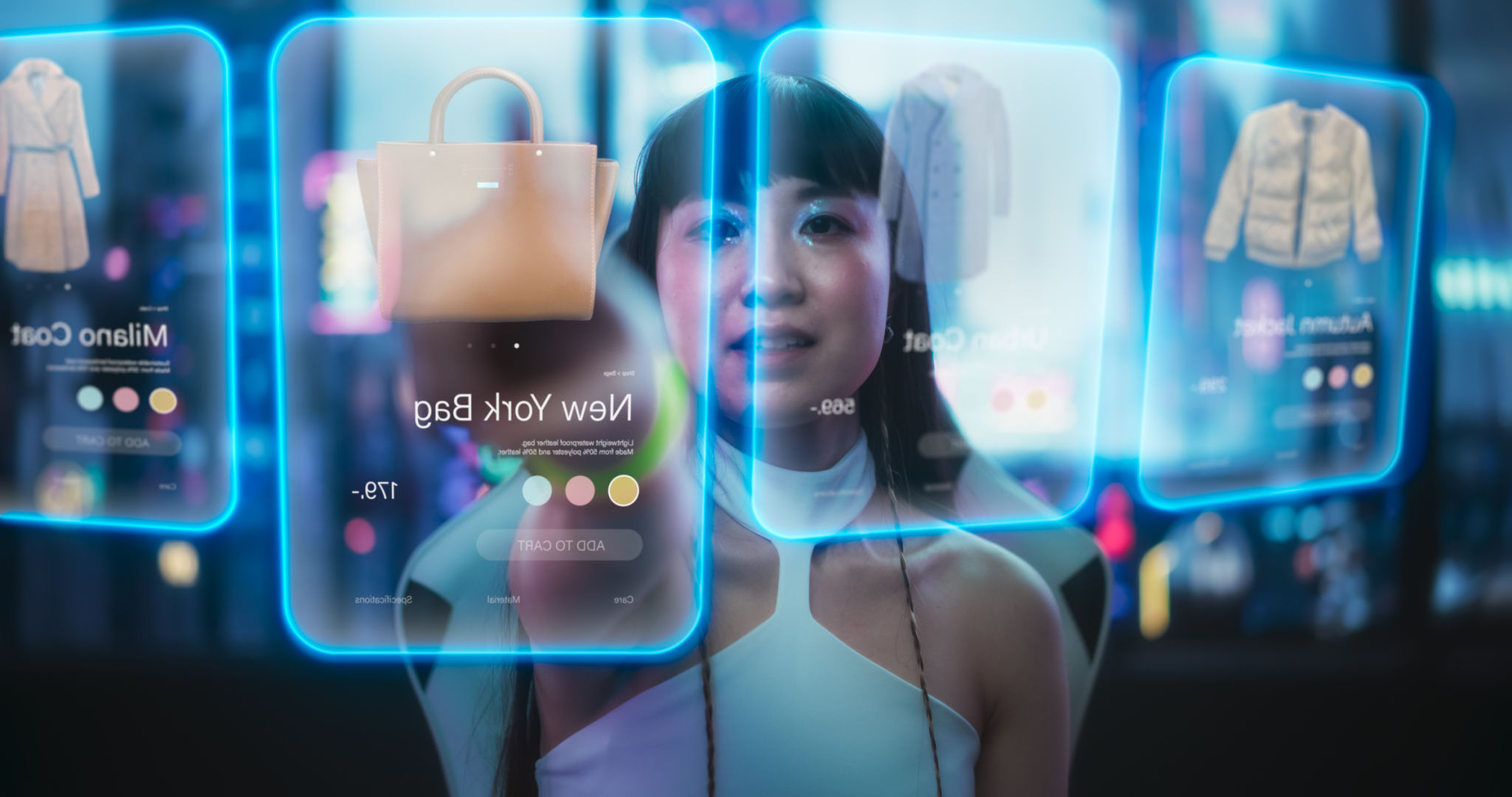Exploring the Latest Digital Marketing Innovations Your Business Can't Ignore
Embracing Artificial Intelligence in Marketing
In today's fast-paced digital world, artificial intelligence (AI) has become a cornerstone of marketing innovation. AI tools like chatbots and predictive analytics are helping businesses understand consumer behavior better and deliver personalized experiences. These technologies not only streamline operations but also enhance customer engagement by providing real-time assistance and tailored content.
AI-driven tools can analyze vast amounts of data to identify trends and patterns that might be invisible to the human eye. By leveraging AI, businesses can make informed decisions, optimize marketing strategies, and ultimately boost their ROI.

The Rise of Voice Search Optimization
With the growing popularity of smart speakers and voice-activated devices, voice search optimization has become essential for digital marketing strategies. Consumers are increasingly using voice commands to search for products and services, making it crucial for businesses to adapt their SEO practices accordingly.
Optimizing for voice search involves understanding natural language queries and providing concise, accurate answers. This shift requires a different approach to keyword research and content creation, focusing more on conversational phrases and user intent.
Leveraging Augmented Reality for Enhanced Customer Experiences
Augmented reality (AR) is transforming how consumers interact with products online. By integrating AR into their marketing strategies, businesses can offer immersive experiences that bridge the gap between digital and physical worlds. For instance, retailers can allow customers to visualize products in their real environment before making a purchase decision.
This technology not only enhances customer satisfaction but also reduces return rates, as buyers have a clearer understanding of the product they are purchasing. As AR continues to evolve, its applications in digital marketing are expected to expand further.

Harnessing the Power of Influencer Marketing
In recent years, influencer marketing has proven to be an effective way for brands to reach their target audience authentically. Collaborating with influencers allows businesses to tap into established communities and gain credibility through trusted voices.
As this trend grows, it's important for companies to choose influencers whose values align with their brand. Building genuine relationships with influencers can lead to long-term partnerships that benefit both parties. Additionally, micro-influencers—those with smaller but highly engaged audiences—are gaining traction as cost-effective alternatives to celebrity endorsements.
The Impact of Video Content on Engagement
Video content remains a dominant force in digital marketing, with platforms like YouTube, TikTok, and Instagram leading the charge. Videos are highly engaging and can convey complex messages in an easily digestible format. As a result, businesses are increasingly incorporating video into their marketing strategies to capture audience attention.
From live streaming events to creating short, engaging clips, the possibilities with video content are endless. By utilizing storytelling techniques and high-quality production, companies can create compelling videos that resonate with their audience and drive conversions.

Adapting to the Privacy-First Digital Landscape
With growing concerns about data privacy, businesses must navigate a privacy-first digital landscape. New regulations and changes in data collection practices are prompting marketers to find innovative ways to gather consumer insights while respecting privacy rights.
This shift encourages brands to focus on building trust with their audience through transparency and ethical data practices. As third-party cookies phase out, first-party data collection and consent-based strategies become increasingly important for effective targeting and personalization.
